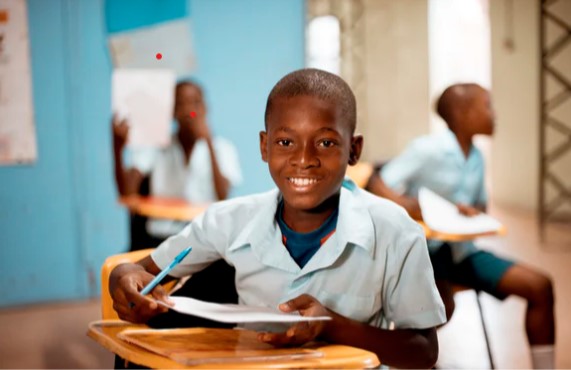Changing the Trajectory for Black Students

Statistics state that black children are three times more likely to drop out of school and twice as likely to be suspended from school. In addition, the percentage of black students in special education programs is staggering . There are more statistics that could be brought to light such as blacks’ social and economic realities, the rate of infant mortality and the disparities within the criminal justice system. Yes, this information is startling yet crucial to know. We need to know and then decide how we can change this broken system. This system that is working against us rather than for us.
One important place to look is within our school system. Children go to school from as early as 4 years of age until 17 where they spend almost 7 hours a day, 5 days a week for almost 200 days a year. If children are spending that much time in school, we would hope they are learning from teachers who enjoy, inspire and affirm them. Teachers that want students to work towards academic and not compromise their cultural identities. Evidently, that is not the case and we must work to make classrooms better for black children.
Let’s start with racial bias. Racial bias is dangerous. As a result, there are lower expectations for black students and harsher penalties. A team of Princeton University researchers studied federal data that covered 32 million white and black students across 96,000 schools. Black students experienced more expulsions, arrests and faced more law enforcement interventions than white students. Racial bias incites disparities in school regulation.
How can we put equity in the center of education?
One approach would be teachers incorporating historical content into their instruction. Introducing all students to the history and life experiences of diverse cultures. Enriching those experiences with literature, music and films. Teachers need to learn ways to honor and respect the history of their students. This will strengthen the teachers cultural awareness and ultimately their beliefs.
Students develop and grow academically from educators who are culturally aware. They also benefit from teachers who have high expectations and see the potential in their students no matter their background.

